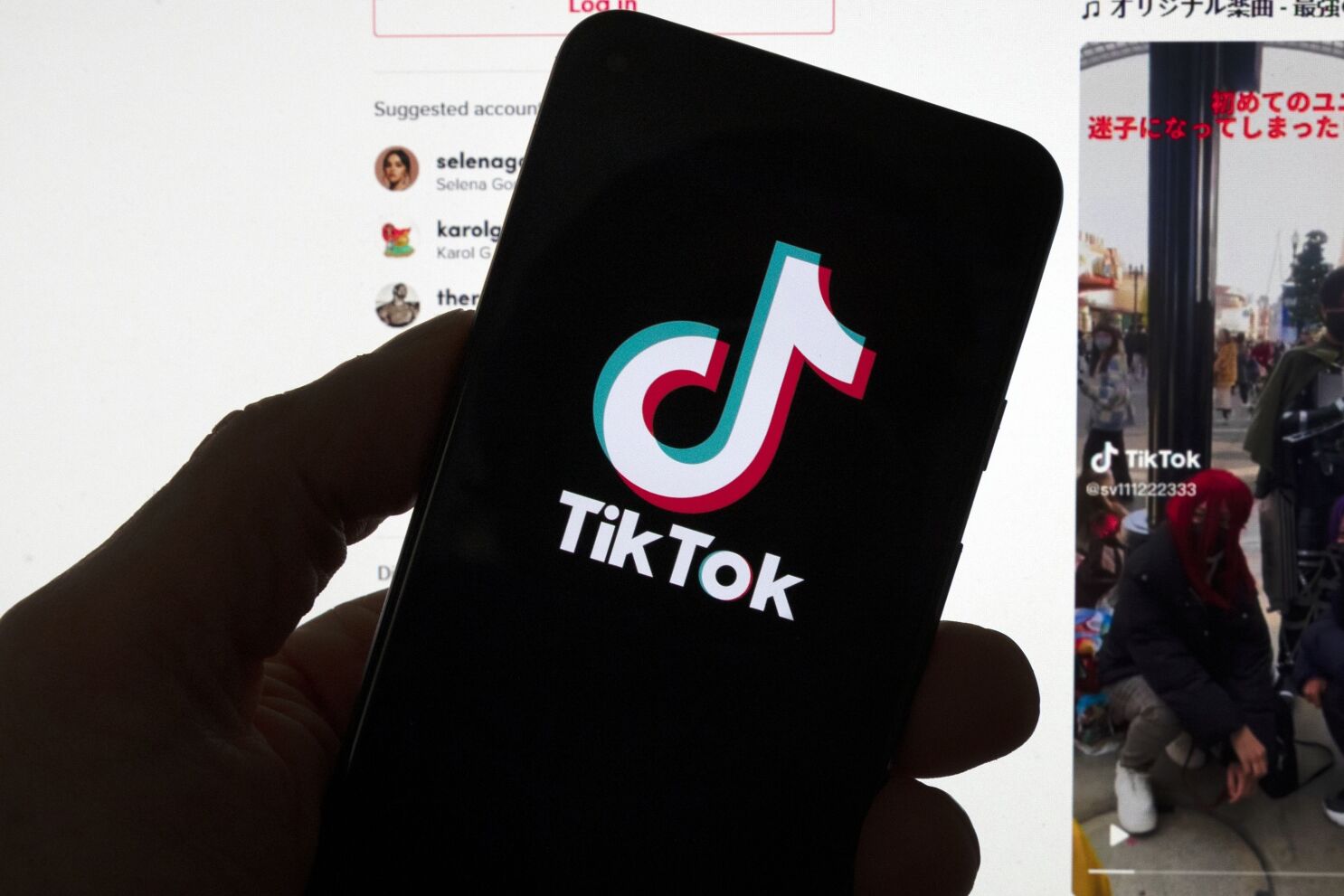The recent move to ban TikTok in the United States has sent shockwaves throughout the social media world. While some argue that the ban is a necessary measure to protect national security, others fear that it could have serious implications for the future of social platforms.
The ban on TikTok is a result of concerns over the Chinese-owned app’s data collection and handling practices. The Trump administration claimed that the app posed a threat to national security, and subsequently attempted to ban it from app stores in the US. However, the ban has been put on hold pending legal challenges.
The ban on TikTok could have significant implications for other social platforms, particularly those owned by Chinese companies. Apps like WeChat, which has over one billion users worldwide, could also face bans in the US. This could have a major impact on the Chinese tech industry, which has been rapidly expanding in recent years.
However, the ban could also have unintended consequences for US-owned social platforms. TikTok has become one of the most popular social platforms in the world, with over 800 million active users. Many of these users are young people, who have flocked to the app for its short-form videos and quirky content. If the ban is upheld, it could leave a massive gap in the social media market, and other platforms will have to compete for TikTok’s users.
Furthermore, the ban could set a precedent for other countries to follow suit. India, for example, has already banned TikTok and other Chinese-owned apps, and other countries could follow suit. This could lead to a more fragmented social media landscape, with different countries using different platforms.
The ban on TikTok could also have implications for free speech and censorship. The app has been used by activists and protesters around the world to share their messages and raise awareness about important issues. If the app is banned, these voices could be silenced, and alternative platforms may not be as effective at reaching a wide audience.
In conclusion, the ban on TikTok in the US could have wide-ranging implications for the social media industry. While it is important to ensure that data is handled responsibly, the ban could also have unintended consequences for free speech and competition. It remains to be seen what the long-term effects of the ban will be, but it is clear that it will have significant implications for the future of social platforms.
